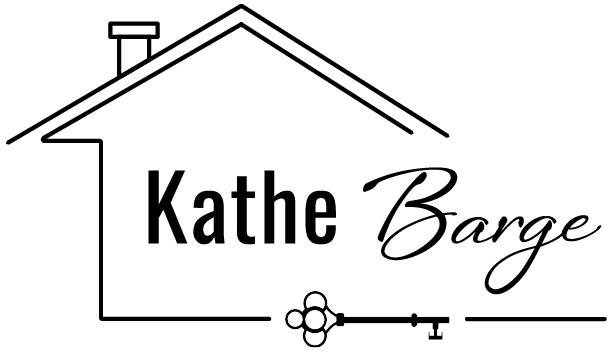If you have bought or sold a home in the past 15 years then you have come across our (now very lengthy 6 page) Seller Disclosure. The Disclosure is the document where, as required by law, the seller discloses what they know about the property that they are selling. Sellers – the Disclosure is your friend – it is your best insurance policy against future problems in the deal or lawsuits after the fact – take the time to fill it out completely.
Right now, if you are like most home owners, you are probably thinking “I maintain my home – its in great shape.” Or maybe “its an old home – old homes have problems – that’s what you get when you own an old home.” You might be surprised to learn that what you know and fail to disclose could present future liability to you.
What might you not be thinking of? The list is endless – some quick examples follow. Ever have water leak into the basement that you thought you fixed? The disclosure asks if you have ever had water enter the basement. Even if it seems fixed, you must still disclose that it happened – failure to do so could result in a lawsuit if the problem recurs when the buyer moves in. How about windows that are painted shut, don’t stay open or have broken seals? Failure to disclose these sorts of issues can cost you thousands when the home inspector inevitably finds them – if you disclose them upfront, the buyer cannot object to their presence later. How about bathrooms that do not have exhaust fans to the exterior? Bathrooms, kitchens or garages without GFCI plugs? Staircases without handrails? Cracked pavement in sidewalks or driveways? Non-fire rated doors leading into attached garages? All of these things seem like non-issues when you live in a home but if not disclosed, can cost you thousands in inspection repairs.
And don’t forget disputes (or what could become a dispute). Is your fence just a little bit over the property line? Disclose, or you could find yourself having to pay to move the fence prior to closing. Do you have liens against your home, such as tax or contractor liens? Failure to disclose could cost you thousands in compensatory damages to your buyer if the closing is held up as the closing company tries to address the liens and your buyers find themselves having to store their belongings and live in a hotel.
If you are selling your home, it’s a good idea to sit down with your experienced real estate agent and make sure you have thought through all of the possible items that need to be disclosed. If you take the time to be thorough, it is your best insurance policy against future problems.
